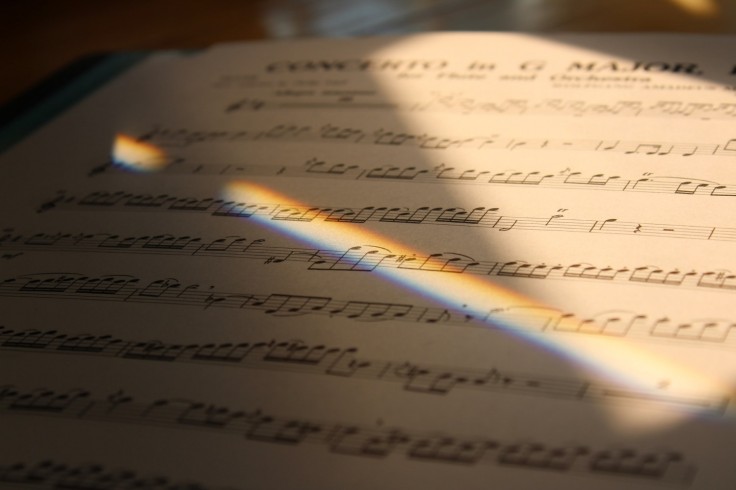
Classical music is known for one thing: it was made in a time during the era of Wolfgang Amadeus Mozart and Ludwig van Beethoven and their contemporaries in which so many instrumental, chamber, orchestral, and operatic forms we hear today were established.
To give you a specific year, classical music is pieces of music made from the 1000s in the early medieval period to the early 1900s, before the first world war, per Gramophone. However, common belief states that classical music stretches from the Baroque Period in the 17th century to the early 1900s.
However, could you use them for your social media posts, YouTube videos, and other similar content?
Copyright Laws on Classical Music
The answer is not so simple. According to the United States Copyright Office, the law automatically protects a work created and fixed in a tangible medium of expression on or after January 1, 1978, from the moment of its creation and an additional 70 years once its original author has perished. Meanwhile, for works made for hire and anonymous and pseudonymous works, the law protects their copyright for 95 years from first publication or 120 years from creation, whichever is shorter.
Should this time period ends, and no one re-applies for the copyright protection of this tangible medium of expression, it passes into the public domain, wherein that medium of expression will be free to use by the public.
Using a piece of classical music while being protected by copyright laws is a crime, and the government will demand a fine or jail time for the infringement, or in most cases, the immediate removal of the offending content.
However, classical music was made before 1978, centuries even. Surely this means that they are fair game when it comes to using them on social media, right?
This is not the case, unfortunately.
Classical music, like any piece of music of any other genre, still falls under copyright law, according to Audio Network. However, this doesn't cover the most famous classical music pieces created decades ago. Those are the only pieces of classical music not protected by copyright law.
Additionally, recent recordings, arrangements, and renditions of classical music pieces are not part of the public domain, while their performers hold the copyright to their performance. This particular caveat is important, as the ones we usually hear in films, TV, and other pieces of online content are from those performers.
If you were able to go back in time, get an audio recording of Beethoven playing "Moonlight Sonata," get back to the present, and prove that the audio recording you have is from Beethoven, then you're free from copyright law. However, if you used the audio recording of a famous performer playing "Moonlight Sonata," then you'll have to ask for permission from that performer to use their music, according to Musician Wave.
Pieces of Classical Music in the Public Domain
That said, there are many popular classical composers whose work is already in the public domain. These include the works of Wolfgang Amadeus Mozart, Ludwig van Beethoven, Johann Sebastian Bach, Pyotr Ilyich Tchaikovsky, Richard Wagner, and Giuseppe Verdi. Their compositions are free to use as they have passed away centuries ago.
You may have heard their music through film, especially in Wagner's case with "the Ride of the Valkyries," which was popularized by the helicopter scene in the film "Apocalypse Now."
However, to use the music from any of these composers, you'll have to find a royalty-free version of their music for you to use on social media or on any content-sharing platform.
Being royalty-free means that you can use a particular piece of media for free without any opposition from its creator.
But should you wish to use a particular piece of music from your favorite classical performer, you'll have to ask them to grant you permission, as stated in our earlier article about copyright strikes.
Related Article : Tips on Avoiding a YouTube Copyright Claim









